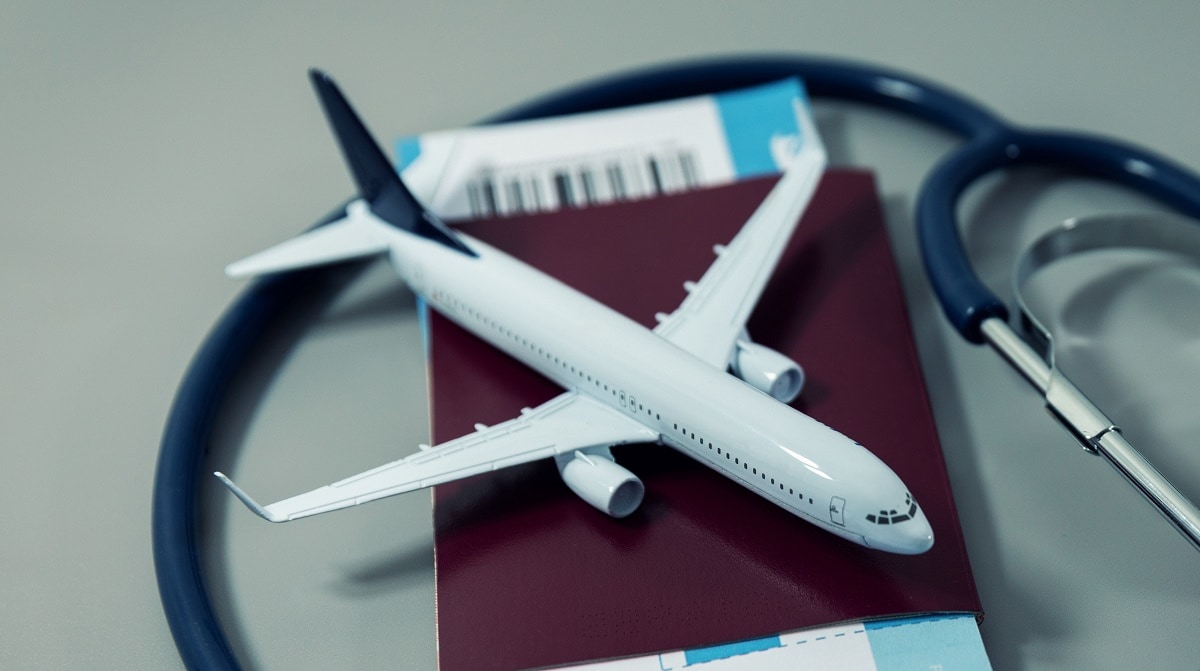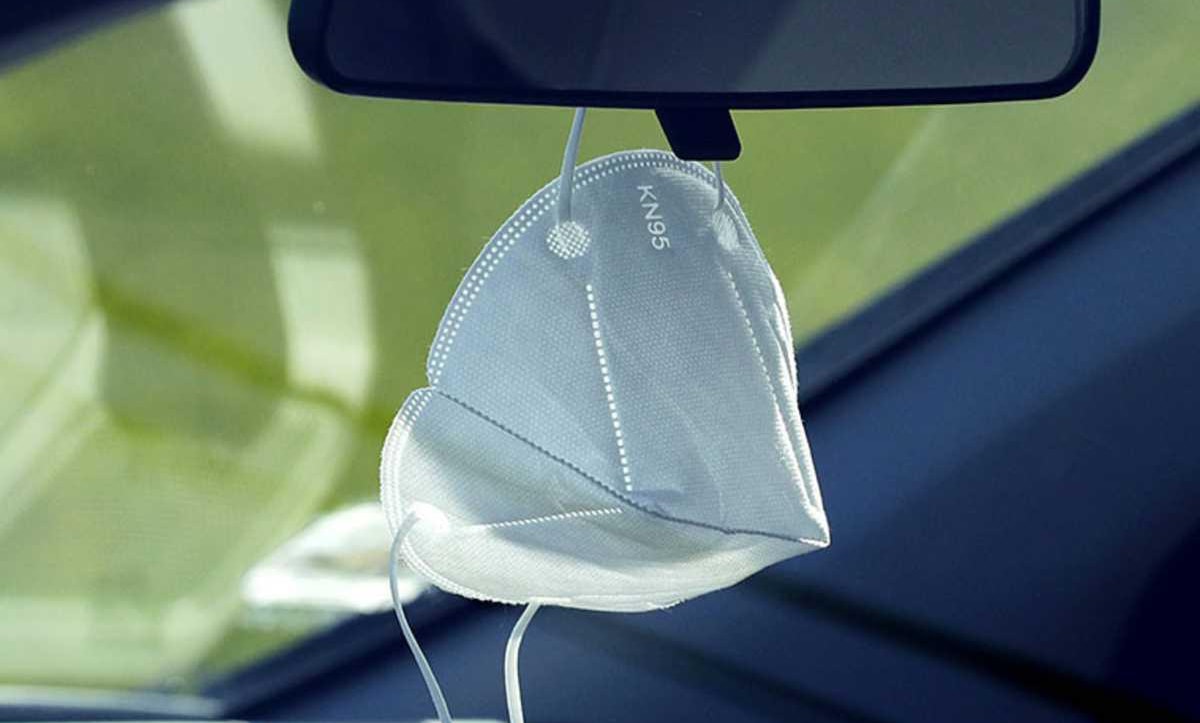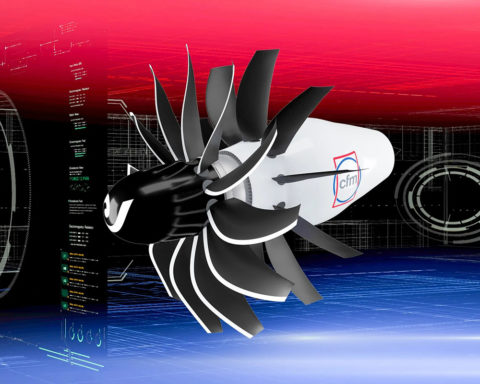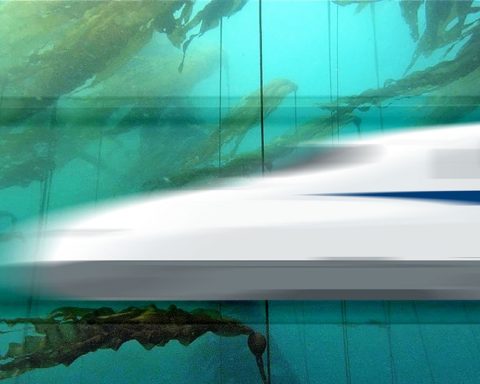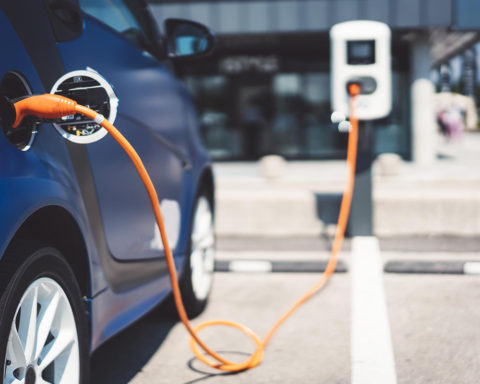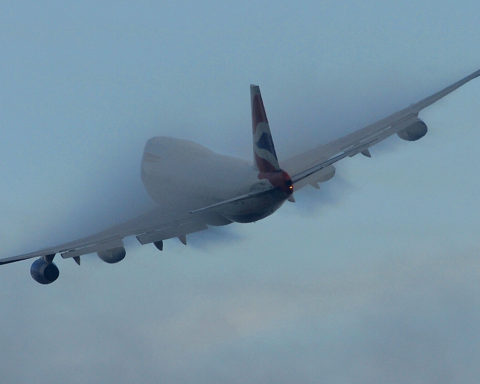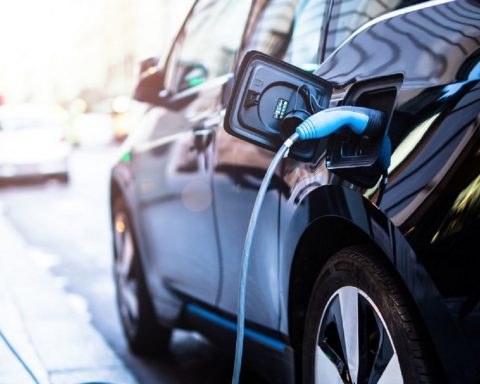When the Covid-19 pandemic subsides, the return to normal travel patterns will certainly be disrupted. New health and safety control measures are likely to further complicate travel, particularly in the aviation sector. Price increases to stem the economic downturn and unemployment, connecting routes, new control measures to screen for coronavirus, which will probably become a standard part of the travel experience, at least until a vaccine is developed and widely used. (1)... To date, the figures are there to prove that world air traffic in March recorded the biggest drop in its recent history with a drop of 52.9% compared to last year, falling back to the 2006 level, according to the International Air Transport Association (IATA). « March was a disastrous month for aviation.« ...according to Iata. Echoing this announcement, the aircraft manufacturer Boeing has confirmed to AFP that it will reduce its overall workforce by about 10% to save money. Several major airlines have already announced plans to cut jobs: 12,000 at British Airways, 5,000 at Scandinavian SAS, 2,000 at Icelandair ... Airbus also revealed Wednesday a loss of 481 million in the first quarter, referring to "the most serious crisis ever encountered by the aviation industry.
For Charles Cabillic, head of the W3 Group, air travel and air transport as a whole will never be the same again.
FREE TRIBUNE
To contain the spread of COVID-19, travel is reduced to a strict minimum and will likely continue for several months. The economy is, of course, disrupted and companies are suddenly deprived of their mobility. This crisis is thus inviting us to rethink the way we travel in order to reconcile mobility with health and ecological responsibility.
We're not going back to "normal"... and this may be a chance...
The crisis we are going through could accelerate trends already present in the organisation of work. For many employees, it could anchor telework in place of the old "metro-work-to-sleep" triptych and the multiplication of business travel, which is increasingly costly ($1000 billion per year). As teleworking has not led to a significant drop in productivity, in the future many tasks can be carried out remotely via increasingly efficient videoconferencing systems, thus requiring no travel...
However, if containment has demonstrated the effectiveness of the visio, it has also shown that it was unsuitable in certain situations... It is indeed difficult to negotiate an important contract, visit a production site, meet a key player, manage a multi-site company... while being under house arrest. While one may question the relevance of some business trips, not all of them can be eliminated. Many companies during the crisis are suffering from this deprivation of mobility. Solutions must be found to allow people to move around without compromising the health environment.
Non-displacement" must be the rule to allow for the emergence of "responsible" aviation.
COVID-19 has undoubtedly sounded the death knell for mass transport, already heavily criticized for its environmental impact. It now appears to be a vector contributing to the spread of epidemics and the very principle of regular, daily lines for non-essential travel seems almost obsolete. We must radically rethink our means of transport so that we can use them without putting our health and that of the planet at risk.
We must now systematically ask ourselves how often we travel. In a world where travel is no longer so regular but punctual, the services offered will have to be based much more on a "one-off" model. one asks ".
We undoubtedly need to make a transition from regular mass transport to more flexible and individualised transport, made possible by the advent of digital platforms and light means of transport (electric planes, drones with passengers, autonomous electric cars, etc.).
In the aviation sector, this would mean a transition from traditional commercial aviation to a model closer to that currently operated by private aviation. This makes sense both from a health and an ecological point of view if we place this transition within a logic of punctual trips and only dedicated to trips with high economic stakes. Indeed, the aircraft currently used by light aviation emit much less greenhouse gases than large aircraft, and the arrival of light electric aircraft will significantly increase this difference. By reducing the number of flights and using this type of light aircraft, we are limiting the risk of epidemics and reducing the carbon footprint of the aviation sector.
Relocating our industries has become an obligation: transport can contribute to this.
This model of essential, punctual and flexible travel instead of regular fixed lines is conducive to opening up territories. It would encourage the relocation of key economic activities to the regions and would prevent us in the future from becoming dependent on distant supply chains, which are even more difficult to control in an epidemic context.
Aircraft carrying 4 passengers can already be rented on request for 500 € HT per flight hour. A price that is undoubtedly still high. The Local Authorities should therefore be allowed to subsidise these flights on demand rather than putting millions of Euros into structurally loss-making regular routes.
The world according to VIDOC-19 will be different. While this pandemic has hurt our economy today and will likely continue to hurt us for some time with the risk of a major recession, in the long run it may have beneficial effects.
Changes in history have never happened by chance. The ecological emergency was already forcing us to review our way of life, it is finally the health emergency that will bring this awareness. Globalization must evolve, our mobility must change.
Charles Cabillic, Head of the W3 Group
(Group bringing together West Web Valley (investment fund and startup accelerator), AlloVoisins (platform for mutual aid between neighbours), Air Affaires (platform for putting aircraft pilots, aircraft owners and SMEs in touch with each other), La Digital School (school for training in digital professions), Tan-Ki (graphic design studio).
(1) Read theForbes business article in that regard

